Cartoons: Comical Criminals
We went all the way back to 1945 to find these cartoons of bad guys being really bad at their jobs. We hope you enjoy their criminal mischief as much as we do!
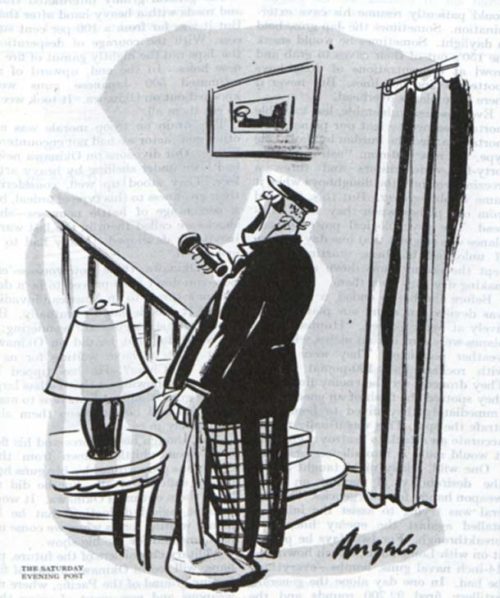
July 28, 1945
Angelo
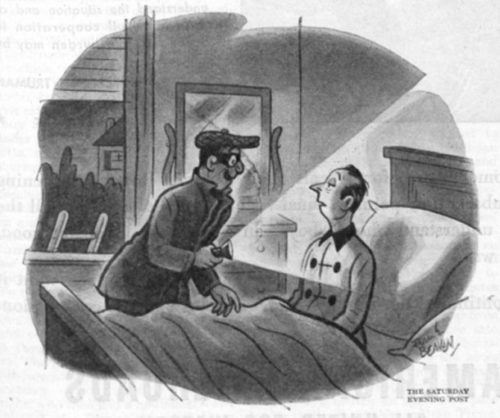
August 18, 1945
Frank Beaven
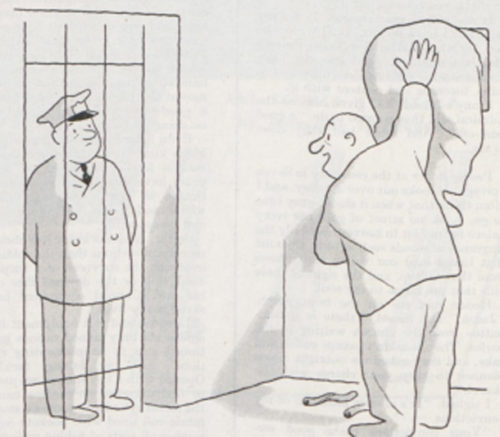
June 16, 1945
Chon Day
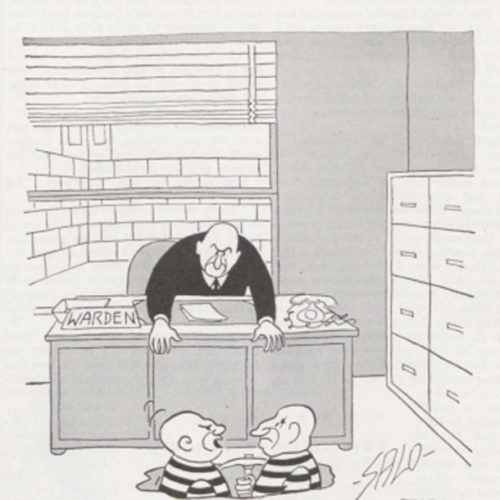
July 14, 1945
Salo
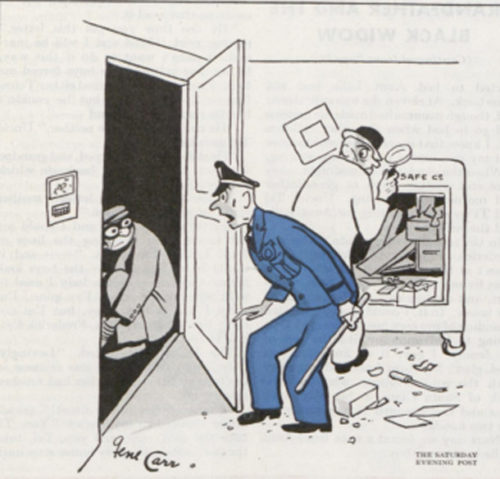
July 14, 1945
Gene Carr
More Privacy, Now! Five Steps to Enhance Your Privacy Online
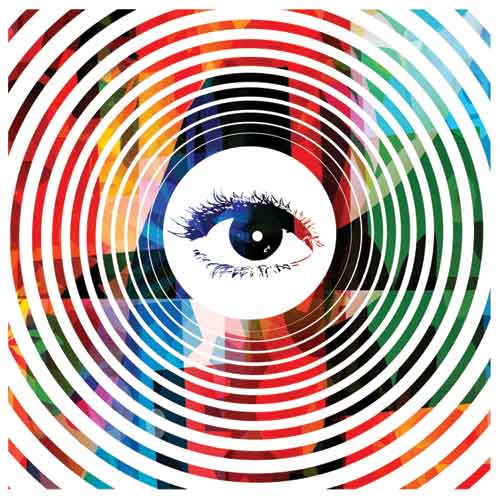
The U.S. National Security Agency (NSA) last year admitted to operating a massive data-collection program, PRISM, after former NSA contractor Edward Snowden revealed the existence of the top-secret effort. PRISM, launched in 2007, enables the NSA to collect stored online communications, including chat sessions, emails, file transfers, and search histories, from Internet giants such as Apple, Facebook, Google, and Microsoft.
PRISM’s main purpose is to collect foreign intelligence information on suspected terrorists. The program targets Internet users, including American citizens, who reside outside the U.S. and may be communicating with bad guys abroad. The NSA claims the controversial spying program has been successful at preventing acts of terrorism.
Now, you may be thinking, “Hey, I’m no terrorist. Why should I care if the NSA snoops around a bit to catch bad guys?” Well, as you know, history has taught us that authorities don’t always have our best interests at heart, and power has a nasty habit of corrupting the very people we’ve entrusted to protect us. It’s no wonder privacy advocates are up in arms, demanding an end to PRISM and other surveillance programs like it.
“People have a right to exist unobserved, to be left alone,” says Justin Brookman of the Center for Democracy & Technology (CDT), a nonprofit based in Washington, D.C., that advocates stronger legal standards to limit government surveillance. “But it’s getting tougher and tougher for everyday people to take steps to exist unobserved online,” Brookman adds. “Practically speaking, it’s really hard to turn off all the spigots of information about yourself. It’s unmanageable today. There aren’t easy ways to exist unobserved.”
That’s certainly true, but with a little effort you can enhance your privacy and make it harder for government, commercial, and even criminal entities to monitor your online activities.
To read the rest of the article, pick up a copy of the Jan/Feb 2014 issue of The Saturday Evening Post on newsstands, or
Purchase the digital edition for your iPad, Nook, or Android tablet:

Subscribe to the print edition of The Saturday Evening Post:
